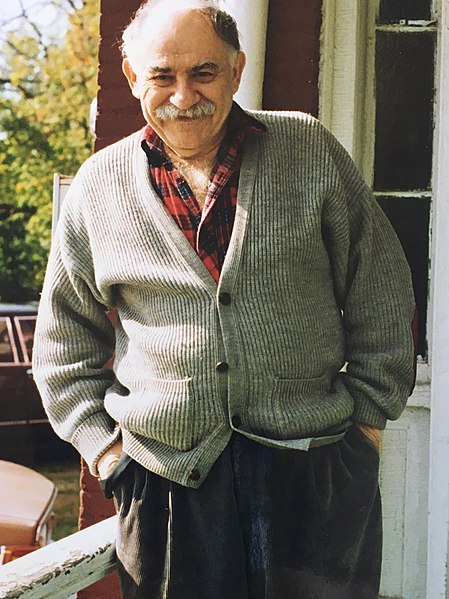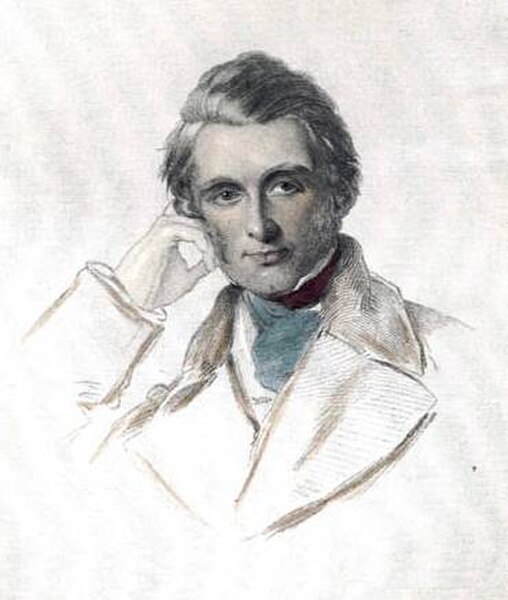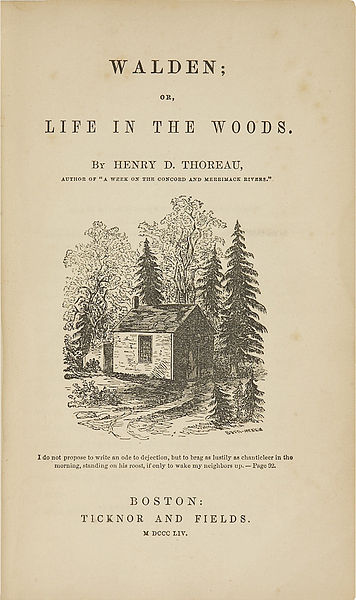Murray Bookchin was an American social theorist, author, orator, historian, and political philosopher. Influenced by G. W. F. Hegel, Karl Marx, and Peter Kropotkin, he was a pioneer in the environmental movement. Bookchin formulated and developed the theory of social ecology and urban planning within anarchist, libertarian socialist, and ecological thought. He was the author of two dozen books covering topics in politics, philosophy, history, urban affairs, and social ecology. Among the most important were Our Synthetic Environment (1962), Post-Scarcity Anarchism (1971), The Ecology of Freedom (1982), and Urbanization Without Cities (1987). In the late 1990s, he became disenchanted with what he saw as an increasingly apolitical "lifestylism" of the contemporary anarchist movement, stopped referring to himself as an anarchist, and founded his own libertarian socialist ideology called "communalism", which seeks to reconcile and expand Marxist, syndicalist, and anarchist thought.

Bookchin in 1990
The environmental movement is a social movement that aims to protect the natural world from harmful environmental practices in order to create sustainable living. Environmentalists advocate the just and sustainable management of resources and stewardship of the environment through changes in public policy and individual behavior. In its recognition of humanity as a participant in ecosystems, the movement is centered on ecology, health, as well as human rights.
Levels of air pollution rose during the Industrial Revolution, sparking the first modern environmental laws to be passed in the mid-19th century.
Students from the forestry school at Oxford, on a visit to the forests of Saxony in the year 1892
John Ruskin, an influential thinker who articulated the Romantic ideal of environmental protection and conservation
Original title page of Walden by Henry David Thoreau





